Prologue: Tried Again, and Again… and Again
Imagine being arrested for a crime you didn’t commit.
Now imagine being put on trial six times for that same crime.
Now imagine the reason you’re still behind bars has nothing to do with evidence—
and everything to do with the color of your skin and the system built to control it.
This is the story of Curtis Flowers, a Black man from Winona, Mississippi, who spent over two decades in prison for a crime he has always insisted he didn’t commit.
His case became a national symbol of racial injustice in jury selection and prosecution abuse, and it raised one damning question:
Can a Black man ever truly receive justice in a courtroom built to erase him?
The Crime: A Small-Town Massacre
On July 16, 1996, in Winona, Mississippi, four employees of Tardy Furniture were found shot execution-style in the back of the store.
The victims:
- Bertha Tardy, store owner
- Robert Golden, delivery worker
- Derrick "BoBo" Stewart, part-time employee
- Carmen Rigby, bookkeeper
The killings shocked the quiet, racially divided town. Almost immediately, suspicion turned to Curtis Flowers, a former employee who had worked there briefly—and had allegedly been fired just days prior.
There was no physical evidence tying him to the scene.
No gun recovered.
No fingerprints.
No DNA.
No eyewitness who placed him at the scene during the time of the murders.
Yet Flowers was arrested—and his journey into judicial hell began.
The Six Trials: Justice on Repeat
Trial One (1997):
Convicted. Sentence: Death.
Overturned by the Mississippi Supreme Court due to prosecutorial misconduct.
Trial Two (1999):
Convicted. Sentence: Death.
Overturned again due to racially biased jury selection.
Trial Three (2004):
Convicted. Sentence: Death.
Overturned for similar misconduct—evidence that the prosecutor excluded Black jurors on purpose.
Trial Four (2007):
Mistrial. Jury deadlocked.
Trial Five (2008):
Mistrial again. Jury couldn’t agree.
Trial Six (2010):
Convicted. Sentence: Death.
The jury had 11 white members and 1 Black member.
Each time, District Attorney Doug Evans—a white man—led the prosecution. Each time, he struck most or all Black jurors. In total, across six trials, Evans struck 41 out of 42 qualified Black jurors.
The Appeal: National Attention and the Supreme Court
In 2019, after years of legal work by civil rights attorneys and investigative journalists—including the American Public Media podcast In the Dark—Curtis Flowers’ case reached the U.S. Supreme Court.
The court ruled in Flowers v. Mississippi that his sixth trial had been deeply flawed due to racial bias in jury selection.
In a 7-2 decision, Justice Brett Kavanaugh, writing for the majority, stated:
“Equal justice under law requires a criminal trial free of racial discrimination in jury selection.”
Curtis Flowers’ conviction was overturned.
Freedom After 23 Years
On December 16, 2019, the Mississippi Attorney General dismissed all charges against Flowers.
After 23 years, including over 20 years on death row, Curtis Flowers walked free.
He returned to his family, quietly, without fanfare. No press parade. No public apology. No compensation—yet.
The Man Who Wouldn’t Break
Curtis Flowers maintained his innocence from day one.
Despite being offered plea deals, despite the weight of the entire Mississippi judicial system against him, he refused to confess to a crime he didn’t commit.
“They tried to kill me six times. But I knew the truth. I never stopped knowing it.”
— Curtis Flowers, 2020 interview
His case is now cited in law schools and criminal justice reform discussions across the country as an example of how racial bias contaminates the courtroom—even in plain sight.
Doug Evans: The Prosecutor with a Pattern
District Attorney Doug Evans, who relentlessly pursued Flowers across six trials, is still in office as of 2025.
A later review of Evans’s trial history revealed:
- A pattern of striking Black jurors
- Aggressive overcharging of Black defendants
- Multiple reversals due to misconduct
Yet he has never been formally punished.
Legacy: Trial by Prejudice
Curtis Flowers' case is not just about one man—it’s about a systemic failure that allowed race to dictate justice.
How many others are still inside?
Still waiting for the system to acknowledge its rot?
Still unheard?
“They stole 23 years from me. But they didn’t take my soul. They didn’t take the truth.”
— Curtis Flowers

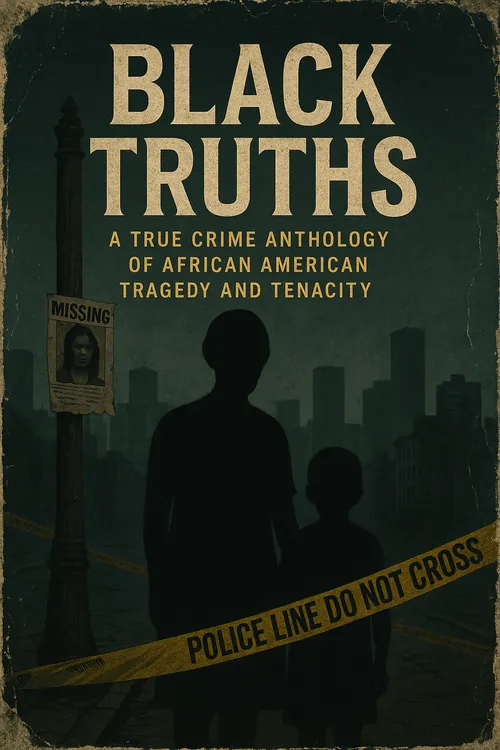




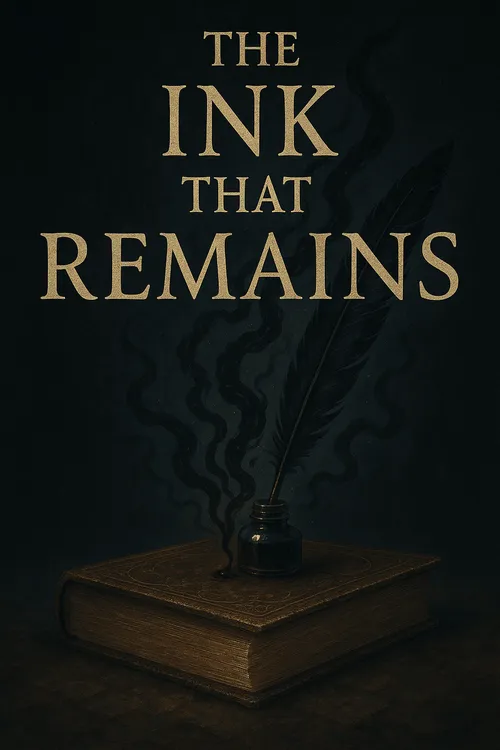


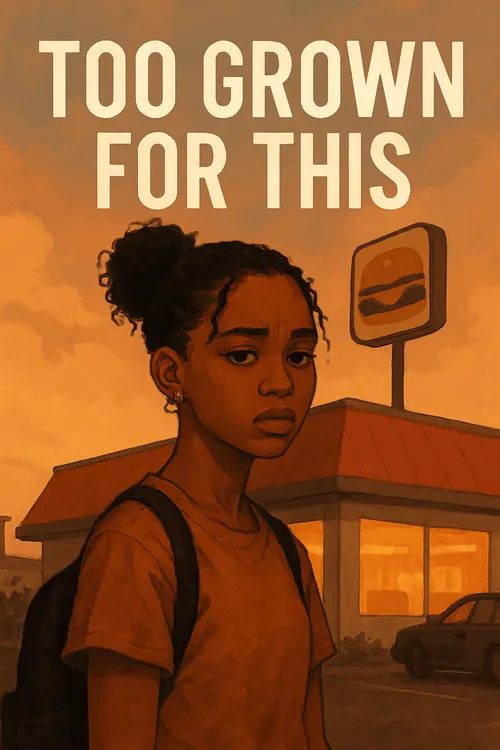
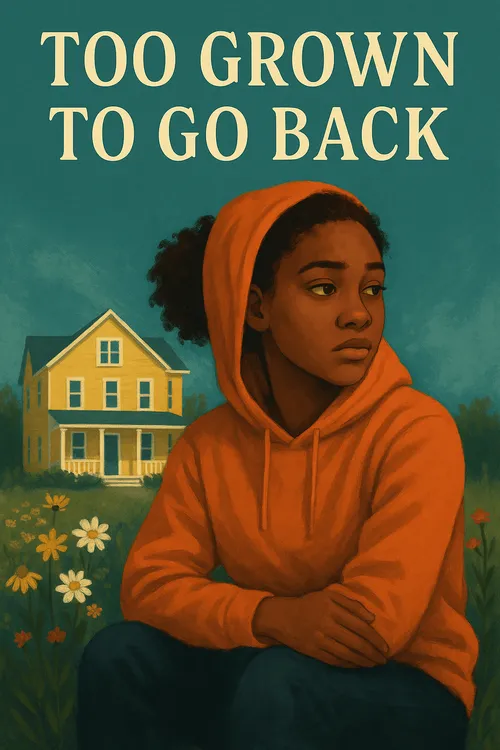
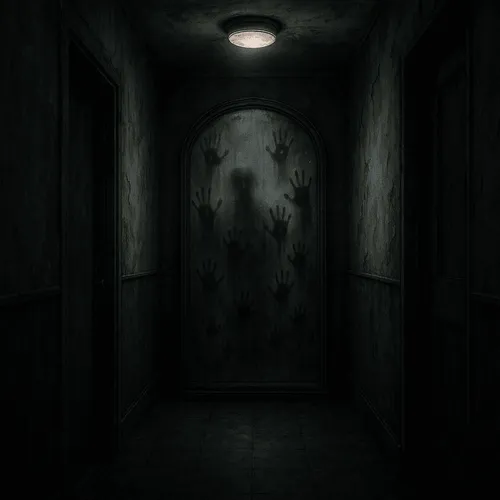
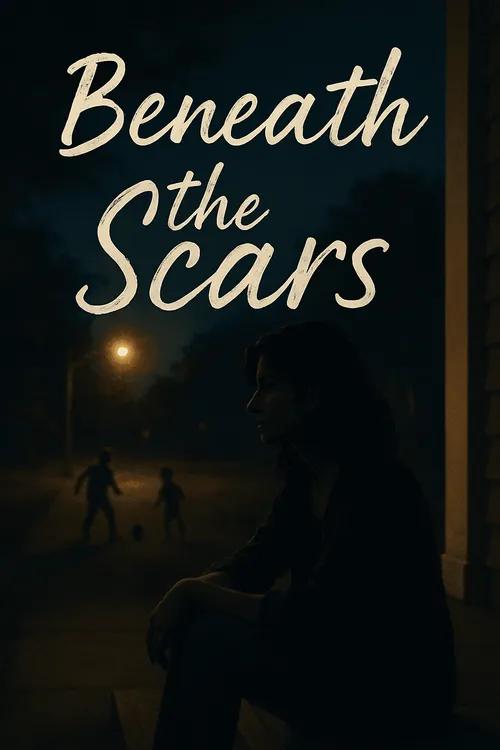




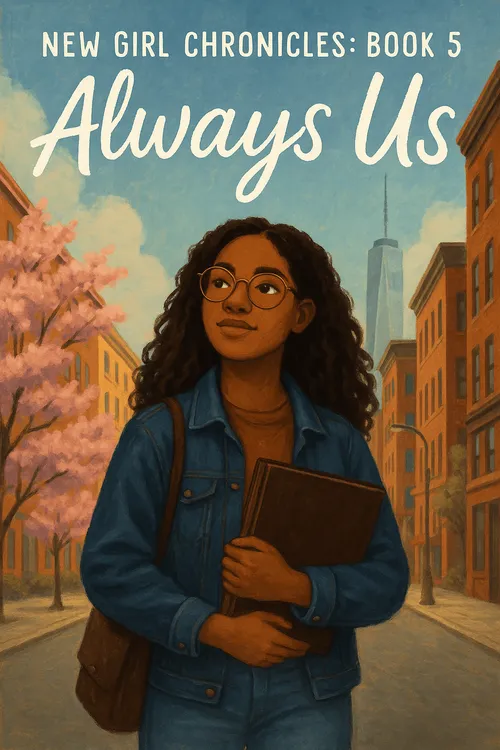

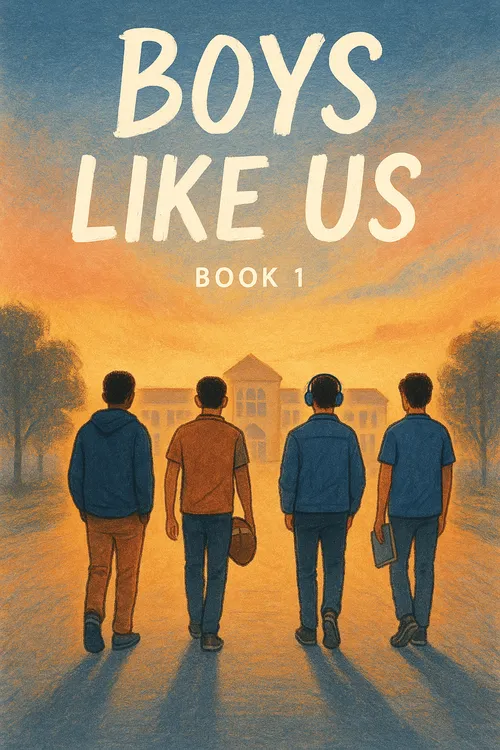
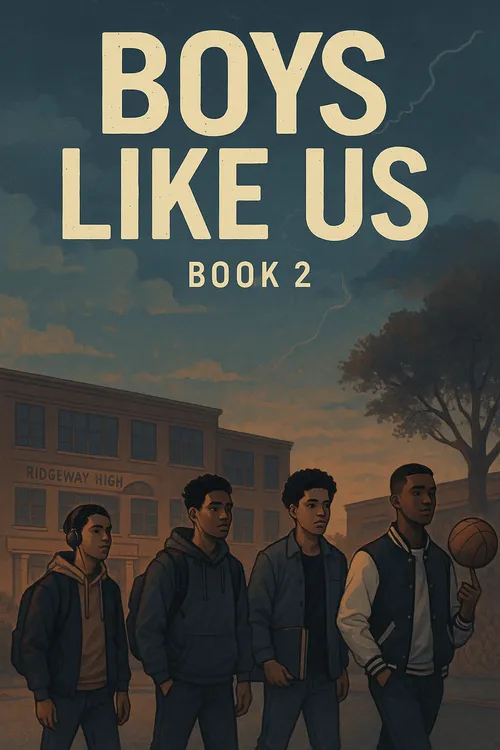
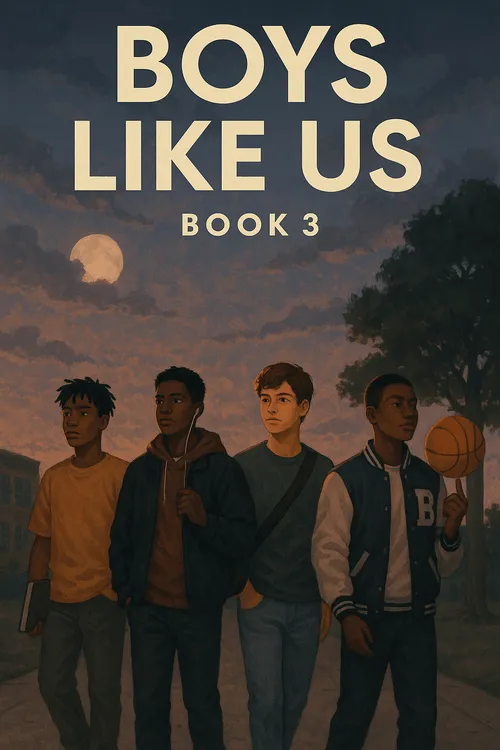
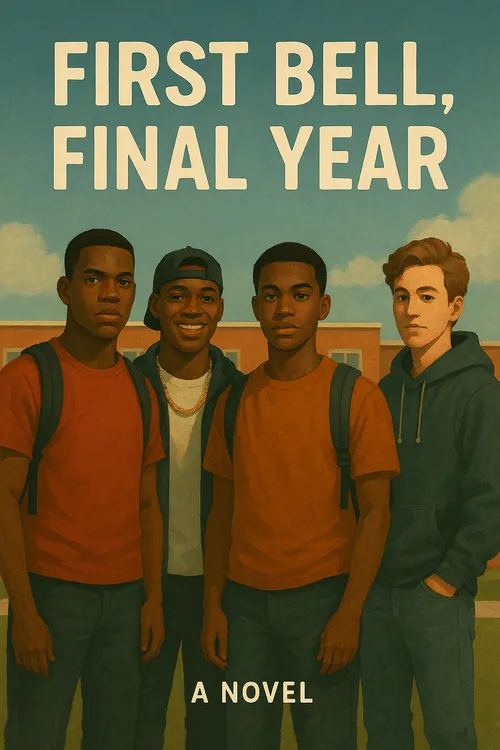
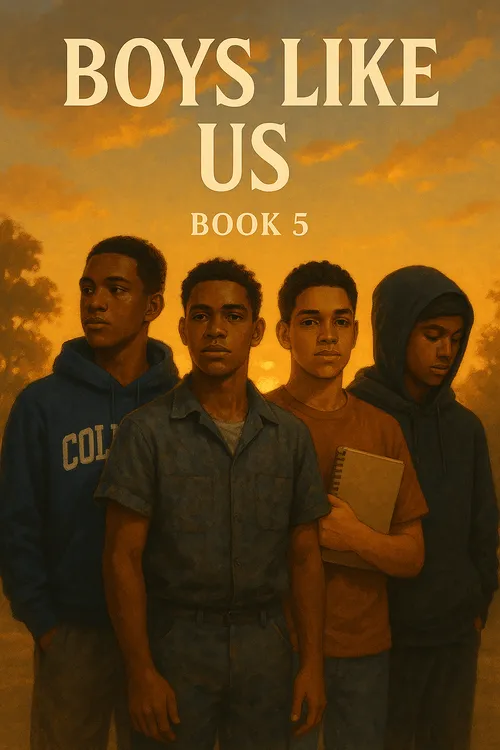
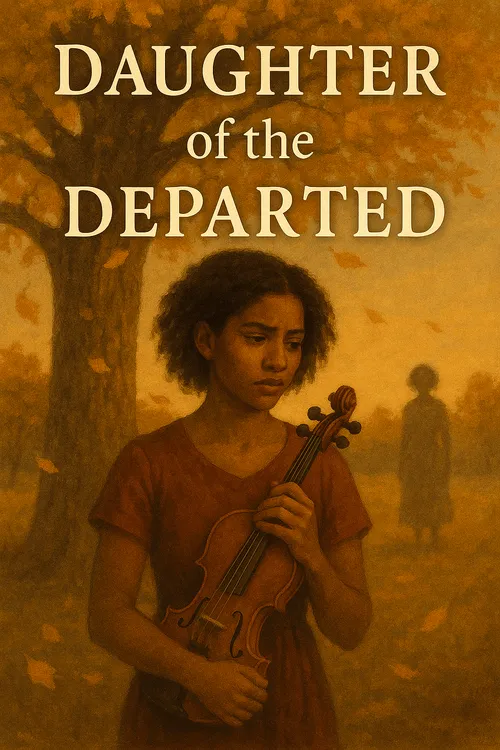
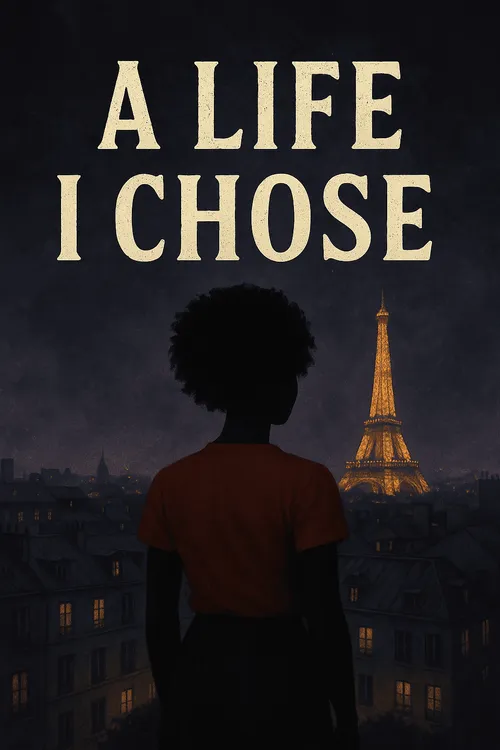
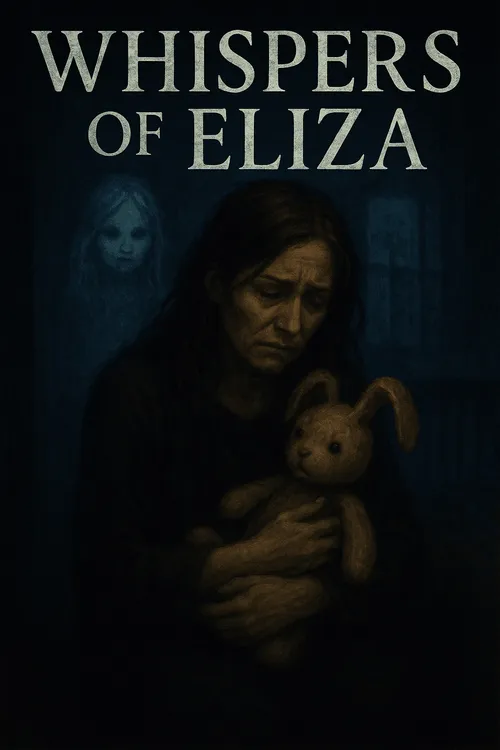

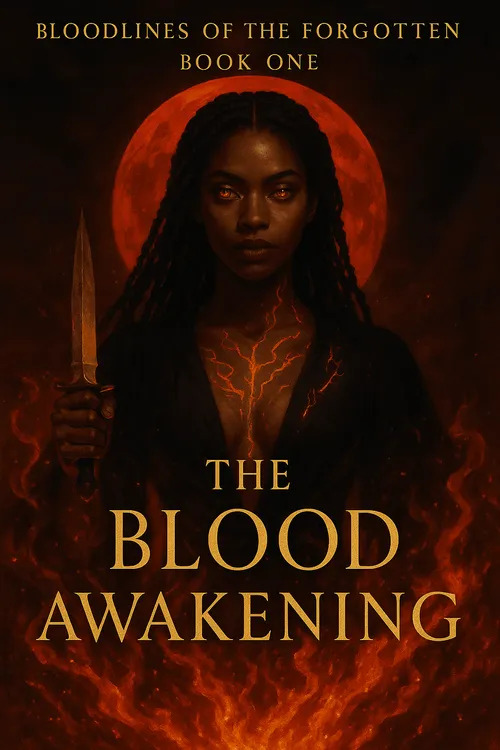
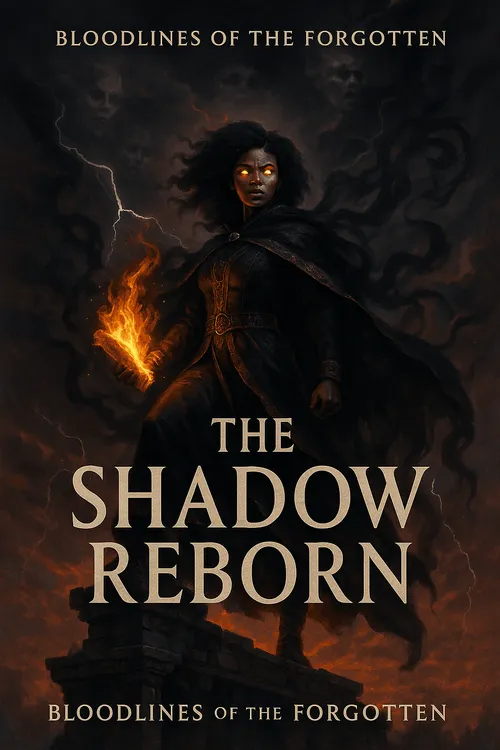
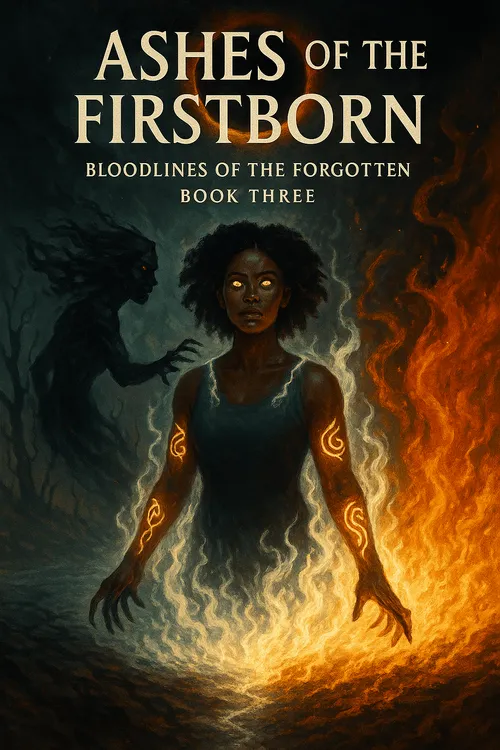
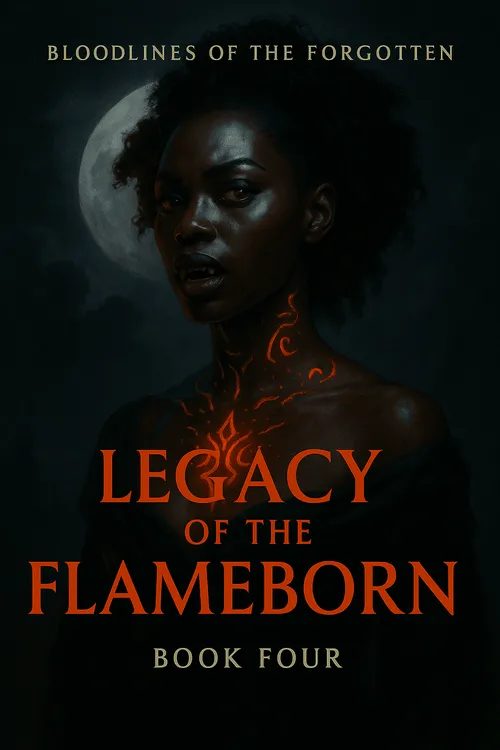
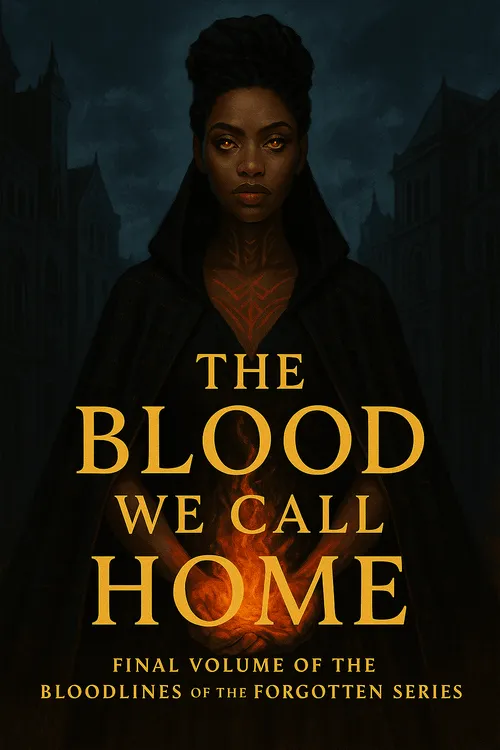
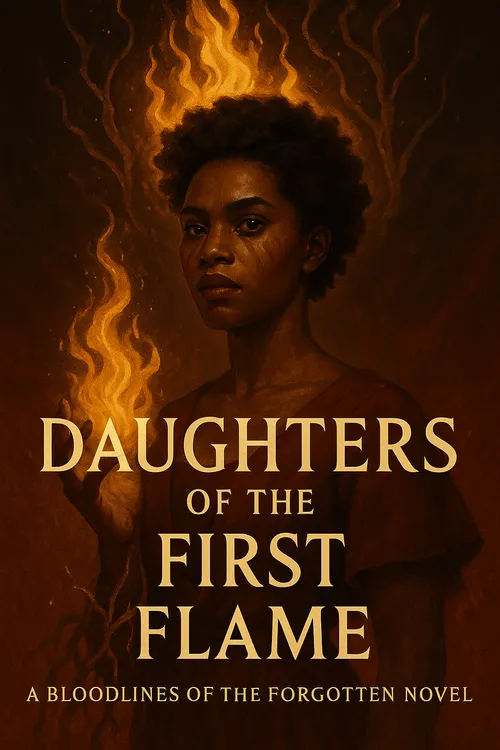
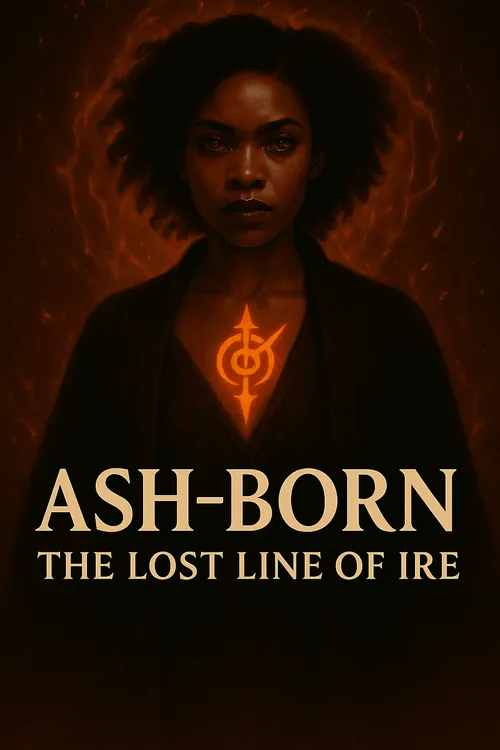
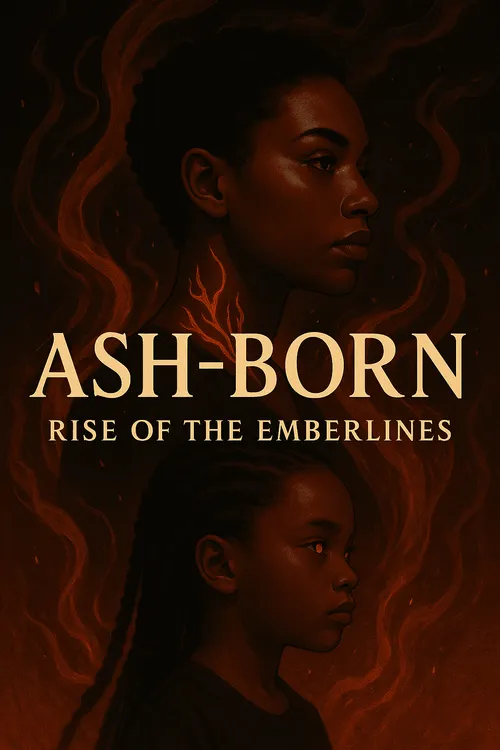
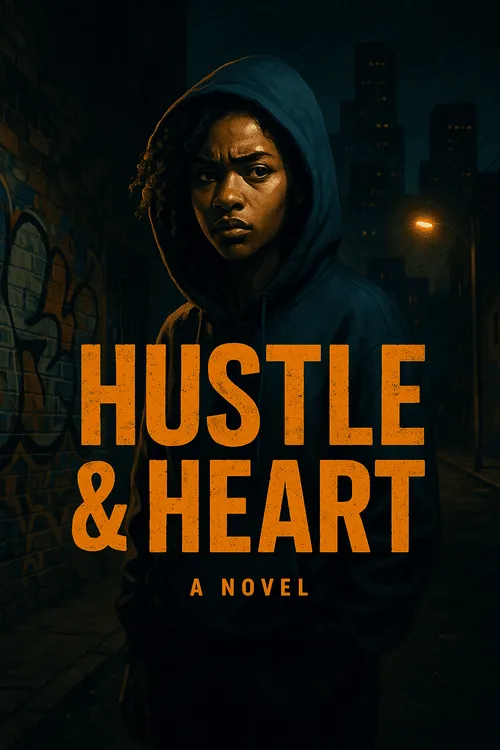

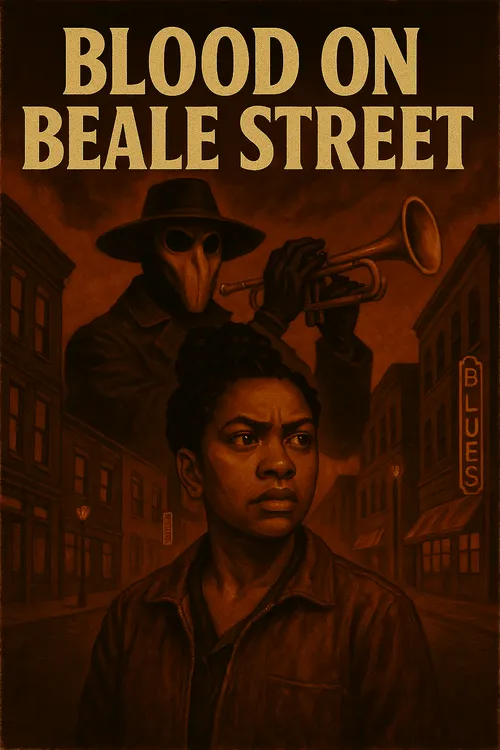
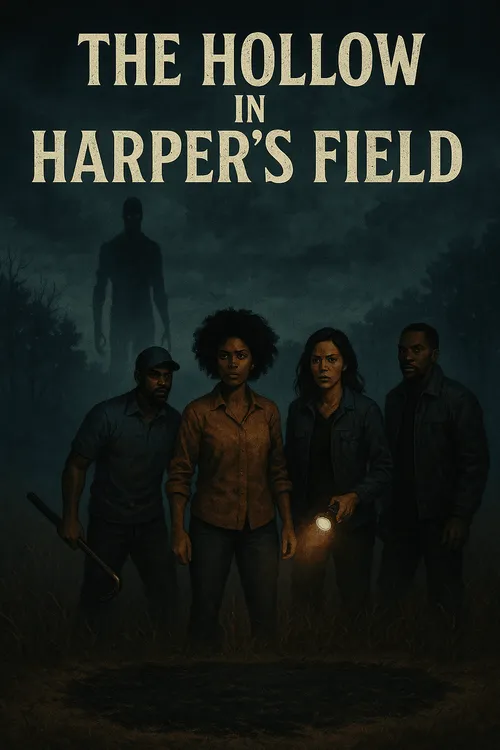



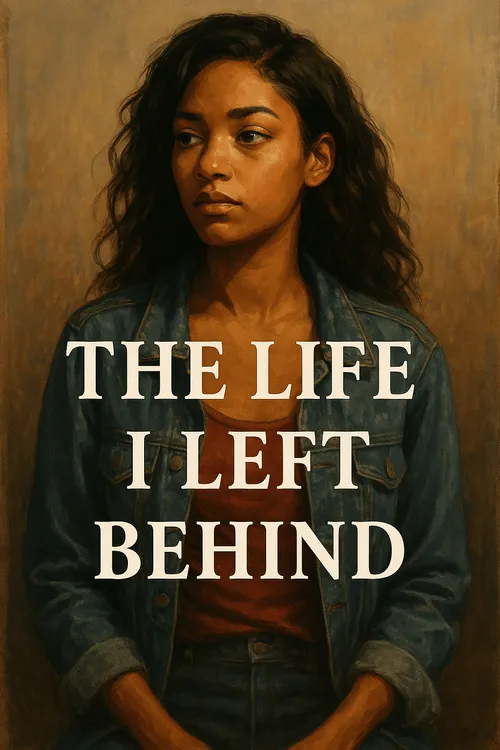
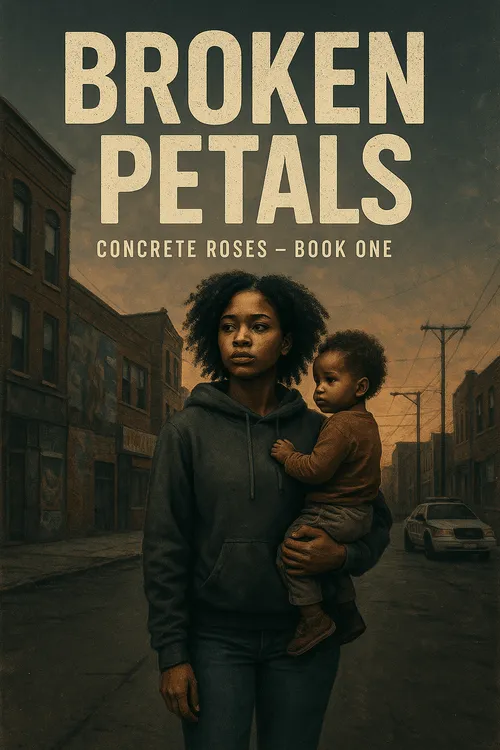
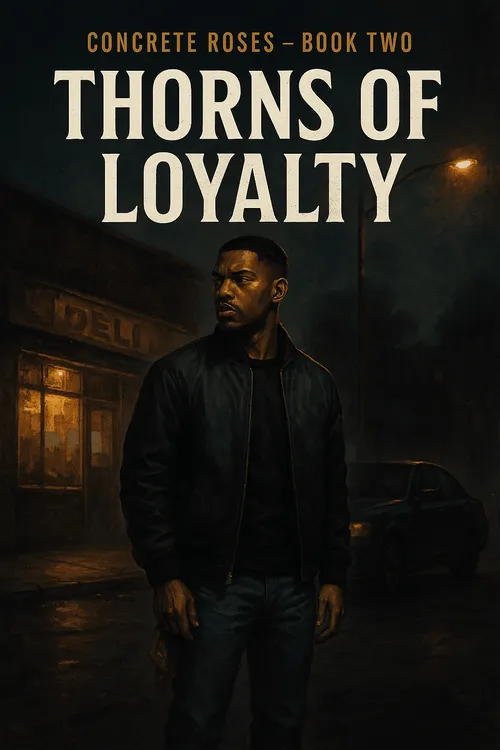
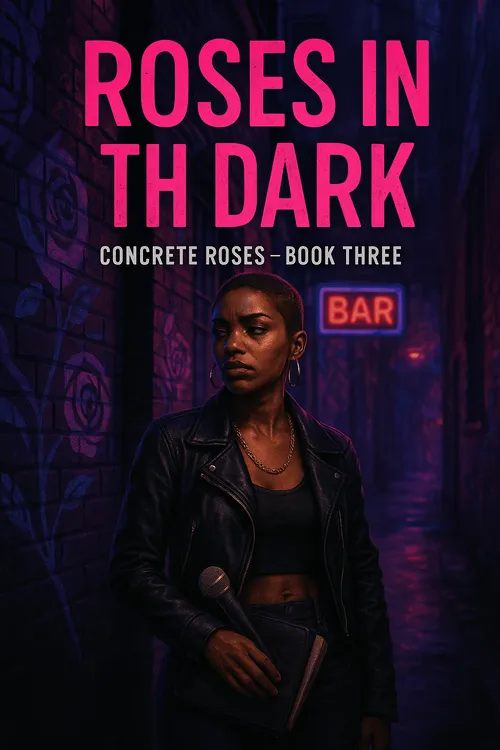
This story has not been rated yet. Login to review this story.